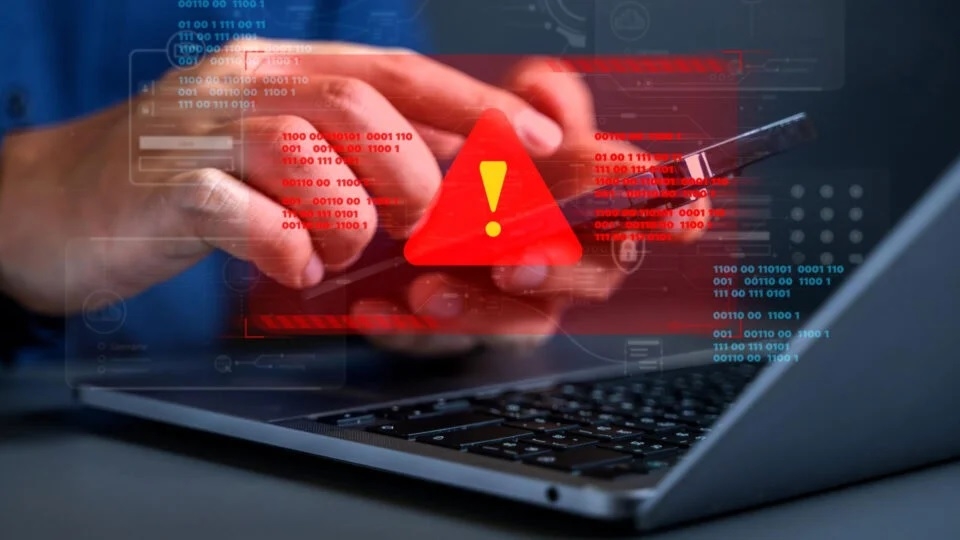AI-Driven Teams: The Key to Preventing Data Leaks for Global Powers

In a shocking revelation, a massive data leak has exposed sensitive personal information of over 1.6 million individuals, including Indian military personnel, police officers, teachers, and railway workers. This breach, discovered by cybersecurity researcher Jeremiah Fowler, included biometric data, birth certificates, and employment records and was linked to the Hyderabad-based companies ThoughtGreen Technologies and Timing Technologies.
While this occurrence is painful, it is far from shocking.
The database, containing 496.4 GB of unprotected data, was reportedly found to be available on a dark web-related Telegram group. The exposed information included facial scans, fingerprints, identifying marks such as tattoos or scars, and personal identification documents, underscoring a growing concern about the security protocols of private contractors who manage sensitive government data.
Leveraging AI for Cybersecurity
Cybercrime is on the rise globally, with threat actors becoming more sophisticated in their methods. The growth of AI has further complicated the cybersecurity landscape. While AI offers powerful tools for defence, it also provides new capabilities for cybercriminals who can use it to pry and prod at a system faster than ever before until a vulnerability is found. What’s more, this technology can be used to automate attacks, create more convincing phishing schemes, and even develop malware that can adapt and evolve to avoid detection.
While this may sound like the ultimate nightmare scenario, this same technology offers significant advantages to cybersecurity teams. AI-driven tools can automate threat detection and response, reducing the burden on human analysts and allowing them to focus on more complex tasks. For instance, large language models (LLMs) can process and analyse vast amounts of data quickly, identifying threats in real-time and providing actionable insights.
AI can also play a crucial role in upskilling employees within cybersecurity teams. With the implementation of LLMs, even less experienced team members can make impactful decisions based on AI-driven insights. These models allow analysts to use natural language queries to gather information, eliminating the need for specialised training in various querying languages. By running queries like “Can vulnerability ‘#123’ be found anywhere in the network?” teams can quickly identify potential threats and take appropriate action.
Furthermore, AI assists in automating routine tasks, allowing cybersecurity professionals to focus on strategic initiatives. It can offer next-step recommendations based on previous actions, enhancing the decision-making process. For example, when an alert is triggered, AI can provide insights such as “This alert is typically dismissed by 90% of users” or “An event looks suspicious. Click here to investigate further.”
This streamlines operations and accelerates the learning curve for junior analysts, allowing them to quickly become proficient in identifying and mitigating threats, thus leveling up the entire team’s capabilities.
To Know More, Read Full Article @ https://ai-techpark.com/ai-secures-global-data/
Related Articles -
AI-Powered Wearables in Healthcare sector
Top Five Best Data Visualization Tools
Trending Category - AI Identity and access management
- Industry
- Art
- Causes
- Crafts
- Dance
- Drinks
- Film
- Fitness
- Food
- Jogos
- Gardening
- Health
- Início
- Literature
- Music
- Networking
- Outro
- Party
- Religion
- Shopping
- Sports
- Theater
- Wellness
- News


